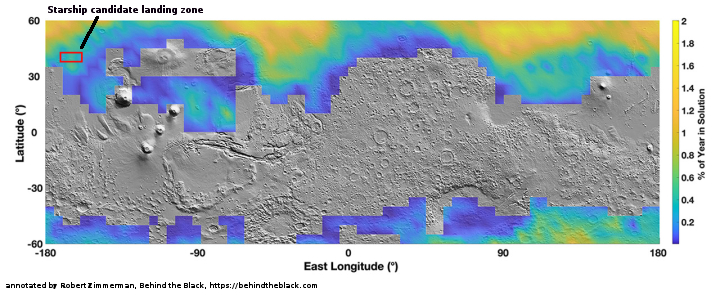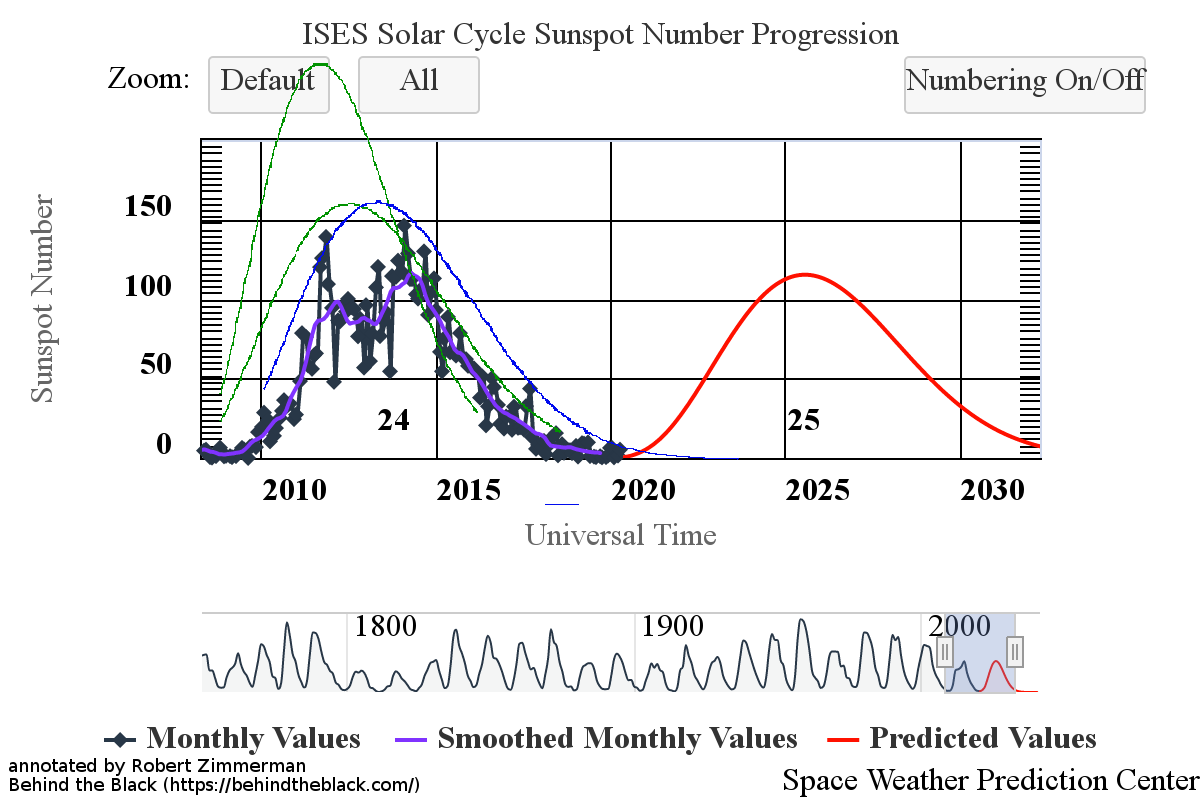Senate approves FISA renewal
Ya gotta have your KGB! The Senate today approved 80-16 a renewal of the FISA court, allowing that corrupt secret tribunal to continue its spying on Americans.
Since the Senate revised the House bill slightly, the new version will have to go back to the House for approval. It is unclear if the House will approve it as written, or if Trump will sign any of these versions.
Republicans, who spear-headed the passage of this bill, will claim that its new restrictions will protect the rights of Americans. They are lying.
While senators agreed to add the Lee-Leahy bill, they also rejected two other amendments: one from Sen. Rand Paul (R-Ky.) preventing FISA warrants from being used against Americans and one from Sens. Steve Daines (R-Mont.) and Ron Wyden (D-Ore.) preventing law enforcement from obtaining internet browsing and search history without a warrant.
Ya gotta have your KGB! The Senate today approved 80-16 a renewal of the FISA court, allowing that corrupt secret tribunal to continue its spying on Americans.
Since the Senate revised the House bill slightly, the new version will have to go back to the House for approval. It is unclear if the House will approve it as written, or if Trump will sign any of these versions.
Republicans, who spear-headed the passage of this bill, will claim that its new restrictions will protect the rights of Americans. They are lying.
While senators agreed to add the Lee-Leahy bill, they also rejected two other amendments: one from Sen. Rand Paul (R-Ky.) preventing FISA warrants from being used against Americans and one from Sens. Steve Daines (R-Mont.) and Ron Wyden (D-Ore.) preventing law enforcement from obtaining internet browsing and search history without a warrant.







